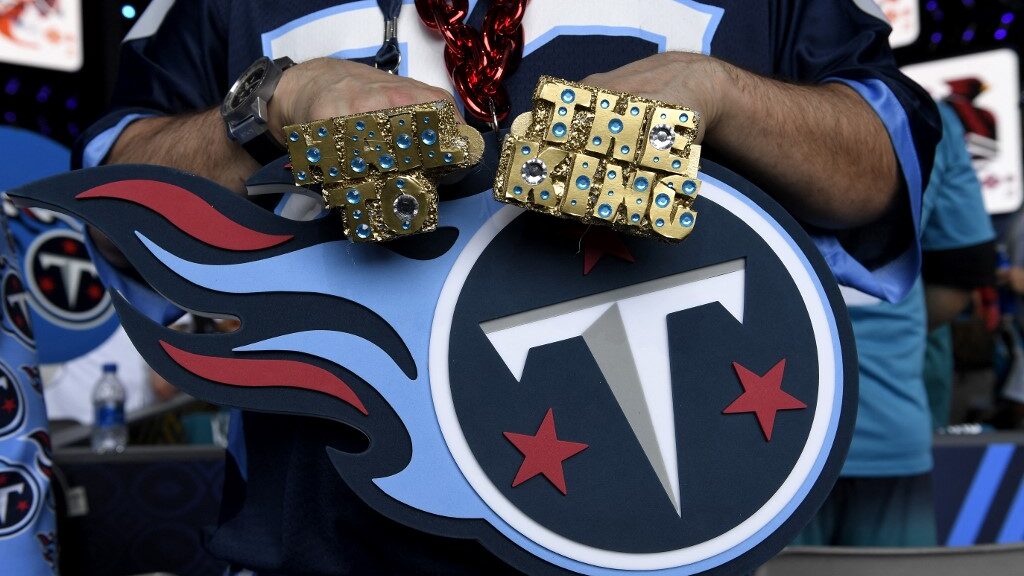
It was a September to remember as Tennessee sportsbooks were inundated with activity due to the highly anticipated arrival of NFL and college football. When the dust settled, over $420 million was wagered making it Tennessee’s busiest September on record.
September 2023’s handle was a whopping 38.7% higher than September 2021 and showed a 19.8% increase over last September.
Sports Betting Blitz
The $420 million handle Tennessee enjoyed in September was not the biggest month in its history but it was fairly close. December 2022 still reigns supreme with a state record handle of $440.4 million followed closely by November 2022 which amassed $439.4 million in sports bets.
However, this was the second month in which the tax structure changed from taxing the revenue to the handle.
Previously, the books would pay 20% of their gross revenue to the state but the legislature changed the rules and is now taxing the handle at 1.85 percent. They also wisely dispensed with the mandatory 10% hold required of the sportsbooks.
Taxing the Handle
Therefore, in September the sportsbooks were taxed on the $420 million handle which, according to the Tennessee Sports Wagering Council (TSWC), contributed $7.7 million to the tax coffers, substantially lower than last year’s $8.7 million on a considerably lower handle.
Because the state no longer taxes on combined revenue, they do not release the data for the individual books which means revenue and win rates will remain unknown going forward. Whether Tennessee stays with this tax strategy remains to be seen but it appears as though they have lost money in both August and September with the new system, the only one in the nation currently taxing gross handle and not revenue.
Why the Change?
The Tennessee lawmakers implemented more than a few changes to the sports betting bill and taxing the handle versus gaming revenue was chief among them. It is no surprise that gaining more revenue for the state is the primary motivation but if no one else is doing it, why would Tennessee?
Well, Tennessee legislators were thinking outside the box when they initially crafted their sports betting bill but maintaining an unconventional approach might appear clever but it is often not practical. For instance, the legislators implemented a 10% hold that mandated all sportsbooks must have a win rate of 10% or more to avoid being fined. This way the revenues would be higher and Tennessee would be the beneficiary of that cause and effect.
Reinventing the Wheel?
The Volunteer State politicians should consider a change as, currently, the only way a sportsbook can consistently elevate its hold from a standard 7% to 10% is by decreasing promotions and bonuses while inflating the vig of its offerings.
When sportsbooks do that, they will likely alienate a considerable share of their customer base who will seek alternatives across state lines, or offshore sportsbooks, with more favorable odds and a friendlier environment for bonuses and odds boosts.
When Tennessee decided to change the tax structure from revenue to handle, it also did away with the hold requirement. The state also dropped the requirement for all sportsbooks to license official league data for live betting which costs big money that smaller sportsbooks struggle to afford.

















